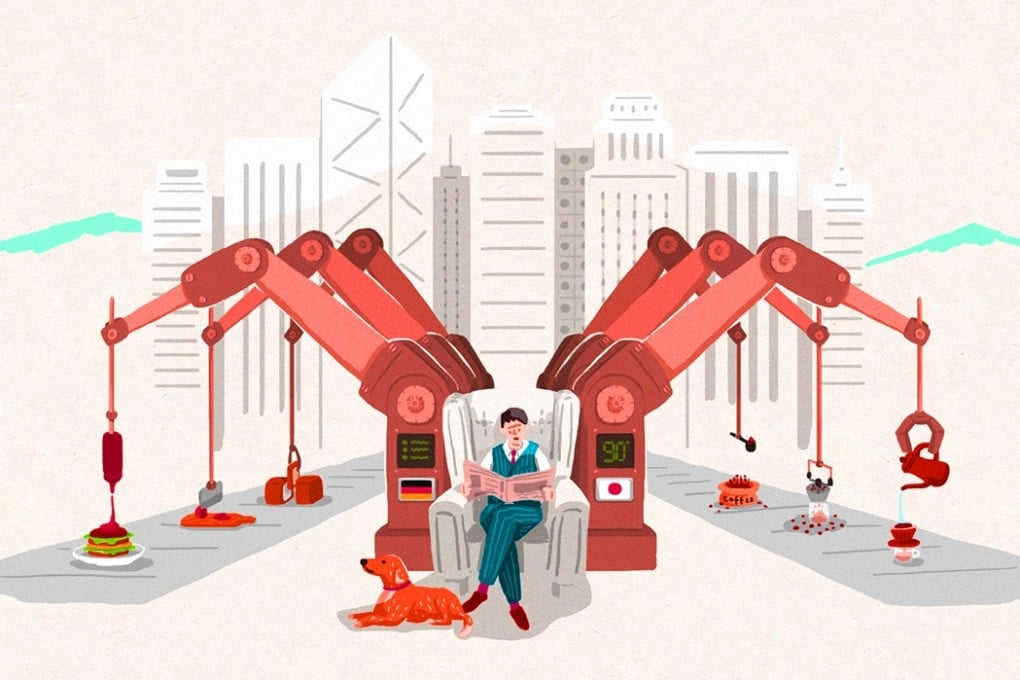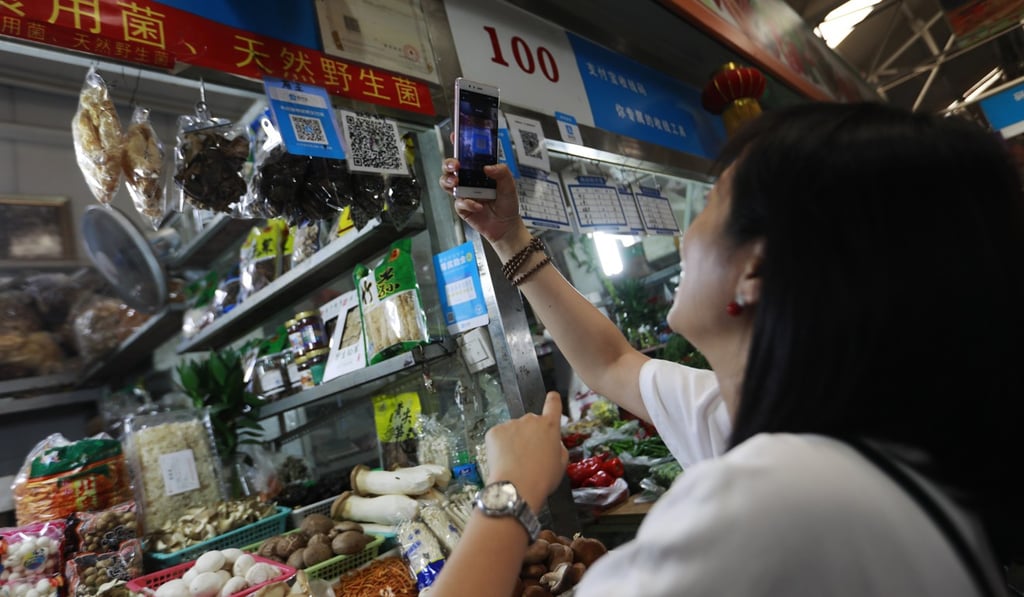To understand the impact of digital disruption on business, take German lessons
- Technology is driving a new industrial revolution and artificial intelligence will have far-reaching effects on society that we are only beginning to appreciate
- Ahead of next month’s Hong Kong Internet Economy Summit, we sought answers from German experts

Asia is a manufacturing powerhouse that has fostered countless fast-growing businesses. In a future that will be shaped by technologies we know – such as artificial intelligence, blockchain and the Internet of Things – and others that are emerging, industrialists, manufacturers and entrepreneurs want to know how their businesses must evolve to compete.
The new wave of smarter, highly connected machines used in production is a hallmark of Industry 4.0, the fourth industrial revolution. The term Industry 4.0 (or Industrie 4.0 in German) is often used alongside Enterprise 4.0. The former describes how the former’s smart manufacturing and autonomous machines can impact every industry sector. The latter illustrates the next stage of the evolution of global business and the global economy where artificial intelligence, robotics, data analytics will play the key parts.
“Industrie 4.0 is about using sensors, data, connectivity and human-machine interaction,” says Patrick Kabasci, who is responsible for Asia-Pacific business development at the INC Invention Center in Aachen, Germany. “All information pertinent to enterprise is available everywhere it is needed, in real-time, and can be acted upon.”
Shrinking technology costs make Enterprise 4.0 possible. For example, a laser sensor used in top-quality 3D printing machines cost US$30,000 in 2009 but the price tag had fallen to US$80 within five years, the World Economic Forum said in 2016. The same report calculated that an industrial robot worth US$550,000 in 2007 could be bought for US$20,000 by 2014.
Friction-free evolution
